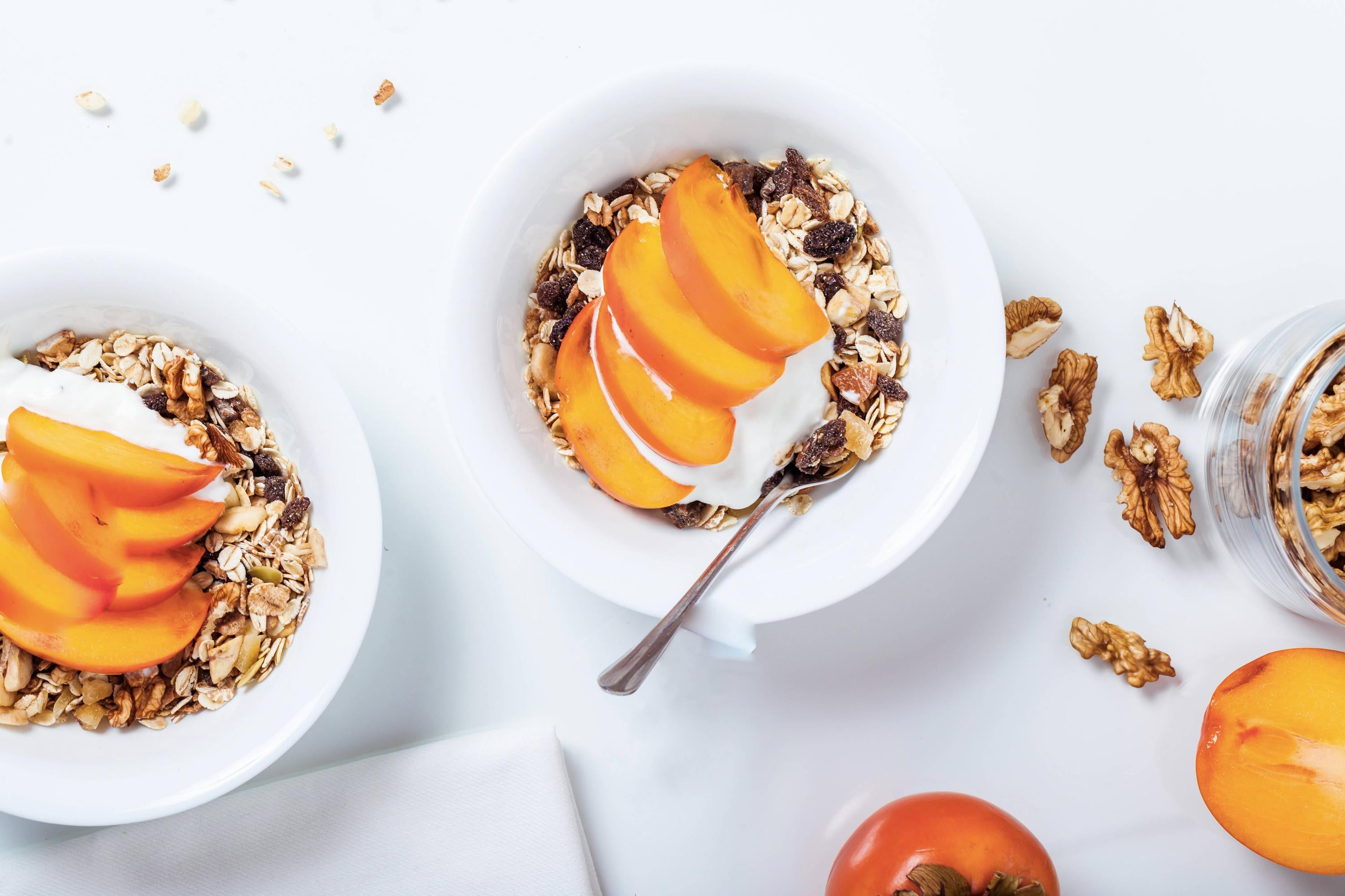Biotin or vitamin B8 is one of those essential nutrients for good daily health.
But do you know what vitamin B8 does ? What are its benefits and the risks of a deficiency? Which foods are rich in biotin?
What is biotin?
Biotin , vitamin H and vitamin B8 are three different terms that refer to the same molecule.
This vitamin is resistant to heat and light. It is also water-soluble, meaning it dissolves in water. This is why it is eliminated in urine.
Biotin actually refers to a group of eight different molecules . Only one of them plays a key role in the proper functioning of our body: D-Biotin.
The latter is naturally synthesized by the human body thanks to the intestinal flora of our digestive tract. However, this synthesis by the body is not sufficient alone. Diet allows us to cover all daily needs.
What is the role of vitamin H?
Biotin is an essential nutrient for good health.
Indeed, vitamin H plays a key role in many mechanisms including:
- Normal food metabolism: vitamin B8 is involved in the synthesis of amino acids, gluconeogenesis and amino acid catabolism. It therefore contributes to the digestion of food;
- Normal energy metabolism, particularly by participating in the breakdown of proteins, carbohydrates and lipids contained in food. This breakdown releases energy;
- Normal functioning of the nervous system and mental functions: like all B vitamins, biotin protects brain functions. Its preventive action against the loss of cognitive functions is recognized;
- Renewal of hair and skin cells.
- The synthesis of vitamins B9 and B12 as a coenzyme.
What are the benefits of vitamin B8?
The benefits of biotin are numerous.
However, to avoid false claims, European health authorities have listed the officially recognized benefits of vitamin H :
- Hair loss treatment: Combined with vitamin B5, biotin is often recommended as a supplement to limit hair loss. Indeed, it influences hair cell renewal. Its effectiveness has been demonstrated in people with vitamin B8 deficiency;
- Maintaining normal skin: Biotin is essential for maintaining healthy skin;
- Protection of mucous membranes against cellular oxidation (oxidative stress) . In addition, it promotes cell renewal;
- Optimization of fatty acid assimilation;
- Good nail health .
The unrecognized benefits
According to these same European health authorities, a certain number of benefits are not recognized.
Therefore, it is forbidden to attribute the following benefits to biotin , whether in the form of food supplements or foods rich in B8:
- Strengthening bones, teeth, nails, and hair: biotin only helps maintain them. However, it does not help combat brittle nails, hair loss, or alopecia;
- Reducing oily skin or acne problems: In other words, consuming biotin does not make your skin more beautiful. However, it is essential for cell renewal in the epidermis;
- Maintaining vitality;
- Reducing fatigue.
What are the daily requirements for biotin?
The adequate intake (AI) of vitamin B8 depends solely on age. The figures provided by ANSES (French Agency for Food, Environmental and Occupational Health Safety) are:
- Children 1 to 3 years: 20 µg/day;
- Children aged 4 to 10 years: 25 µg/day;
- Adolescents aged 11 to 17: 35 µg/day;
- Adults over 18 years: 40 µg/day;
- Pregnant women: 40 µg/day;
- Breastfeeding women: 45 µg/day;
Pregnancy and breastfeeding generate increased needs, not necessarily compensated for by food.
There is no proven risk of overdose of Biotin, health authorities have not defined an upper safety limit (ULS).
What are the symptoms of vitamin H deficiency?
Severe vitamin B8 deficiencies are rare .
On the other hand, certain symptoms may suggest that biotin intake through food is not sufficient.
Thus, a slight vitamin H deficiency can cause:
- Less beautiful skin which can become dry or oily with the appearance of acne or erythema;
- Brittle and fragile nails;
- Hair that can become oily or brittle;
- Increased hair loss;
- Muscle cramps;
- Conjunctivitis.
Biotin deficiencies are often due to poor lifestyle (alcoholism, etc.) or health problems (kidney failure, anorexia, intestinal inflammation, etc.).
What foods are rich in biotin?
Generally, provided you avoid processed foods, your diet can cover your daily vitamin H needs. Average levels vary from one food to another; below are some references (values expressed per 100 g) for:
- Brewer's yeast: 60 µg;
- Wholemeal bread: 32 µg;
- Nuts: 29 µg;
- Hard-boiled egg: 16 µg;
- Camembert-type cheese: 7 µg;
- Pork meat: 5 µg;
- Red fruits: 4 µg;
Why biotin-rich food supplements?
In everyday life, it's not always easy to eat balanced meals. Pre-prepared meals or processed foods are far from perfectly balanced. The ingredients they contain are often much lower in micronutrients than the theoretical averages indicated.
Biotin from cereals is relatively poorly absorbed (around 30%, except for corn), which can create a significant gap between the theoretical intake and the Biotin actually used by the body.
Taking certain medications, for example for epilepsy, certain pathologies, smoking can considerably reduce the absorption of biotin by our body.
Taking biotin-rich food supplements daily helps to secure your intake or increase it when your hair or nails show telltale signs of fragility.
In our Essentials range, the Plant Biotin food supplement is perfectly suited to this supplementation because each capsule provides 100% of the daily intake of vitamin H. We have also chosen a Biotin of natural origin, extracted from Basil . In accordance with our ethics favoring natural ingredients when they provide a significant quantity of the targeted micronutrient, we have generalized the use of this plant Biotin which you will also find in the Argalys Multivitamins and Minerals .
Obviously, this must necessarily be accompanied by efforts to reconnect with a more balanced diet and a healthier life, starting with stopping smoking for those who are still addicted!
 04 74 03 98 80
04 74 03 98 80










